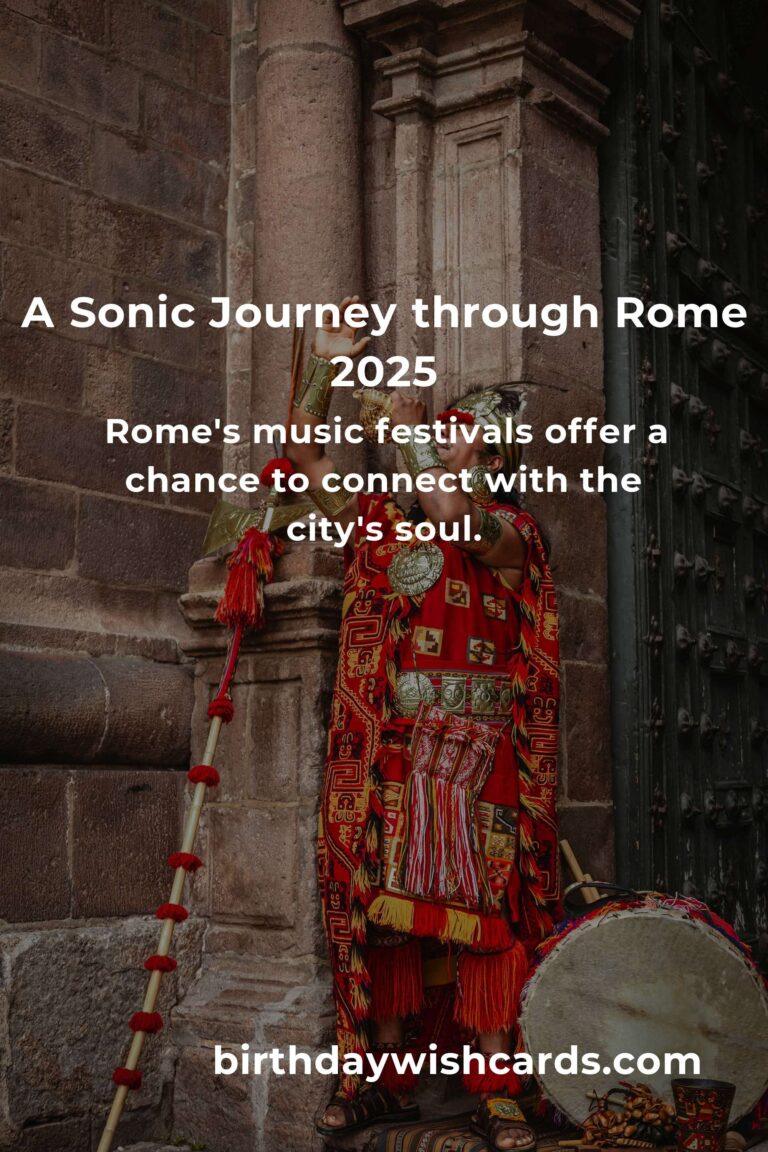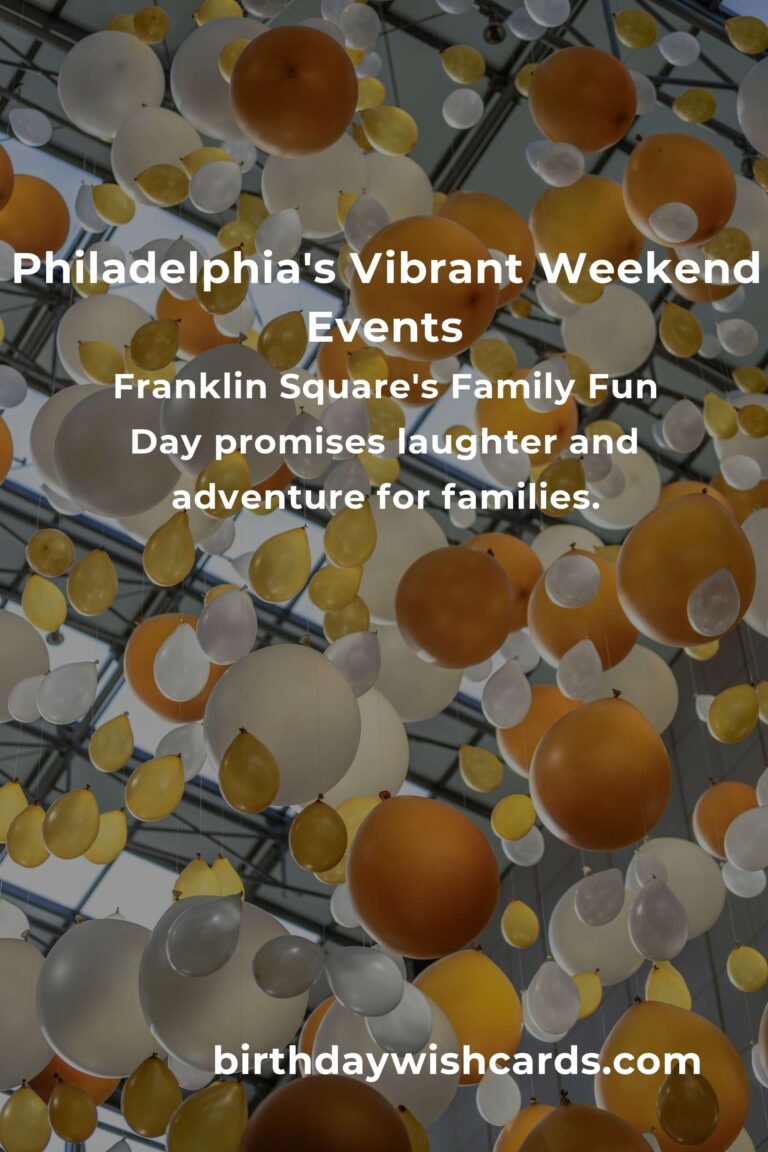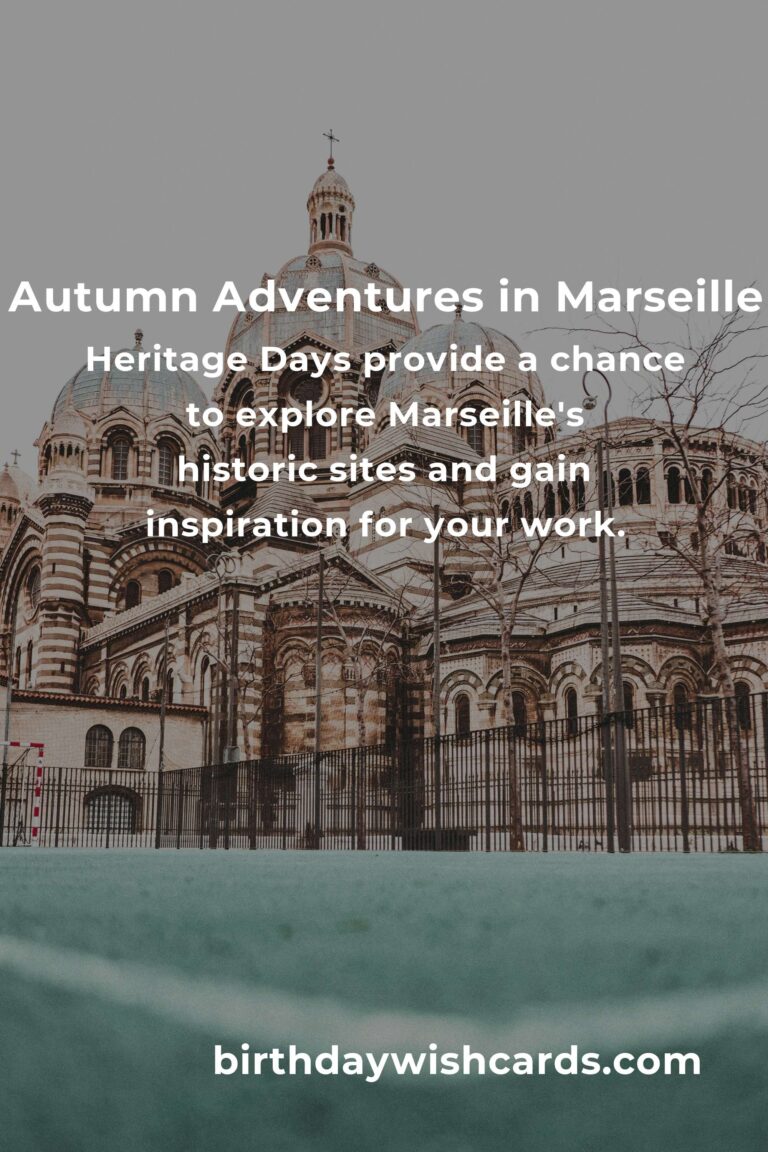Experience the Vibrant Spirit of the Kundum Festival – September
Every September, Ghana’s Western Region comes alive with color, music, and tradition as the Kundum Festival takes center stage. Whether you are a local or a visitor, this remarkable festival offers a unique opportunity to experience the rich heritage of the Ahanta and Nzema people. Kundum is more than a celebration—it marks the end of the harvest season and the beginning of a new year, making it a pivotal time for thanksgiving, renewal, and community togetherness.
The Kundum Festival is deeply rooted in ancient customs that honor the gods for their blessings and a bountiful harvest. It is a spiritual event where gratitude is expressed through vibrant rituals and ceremonies. Both the Ahanta and Nzema communities, each with their own unique traditions, contribute to the festival’s rich tapestry, making Kundum a truly diverse and inclusive celebration.
History and Significance of the Kundum Festival
Kundum traces its origins back centuries as a harvest festival dedicated to giving thanks to the gods and ancestors for abundance and protection throughout the year. It also symbolizes the start of a new agricultural cycle, embodying hope and renewal. During Kundum, families and communities unite to celebrate their shared heritage and strengthen their cultural identity.
Beyond its spiritual importance, Kundum plays a vital role in preserving the customs and values of the Ahanta and Nzema people. The festival serves as a living classroom, passing down traditions, stories, and values to younger generations through dance, music, and storytelling. This ensures that the community’s cultural treasures endure for years to come.
Colorful Rituals and Ceremonies
The Kundum Festival is renowned for its spectacular rituals and ceremonies that reflect the cultural vibrancy of the Western Region. A highlight is the grand durbar—a majestic procession featuring chiefs and community members adorned in traditional regalia. The parade is accompanied by the hypnotic rhythms of drums and energetic dancers, creating an unforgettable atmosphere.
During the durbar, offerings are made to the ancestors as a sign of respect and to seek blessings for the year ahead. Prayers and libations strengthen the spiritual bond between the living and their ancestors, highlighting the community’s deep reverence for tradition.
Cleansing and purification rites are also central to the festival, performed to ward off evil spirits and promote




